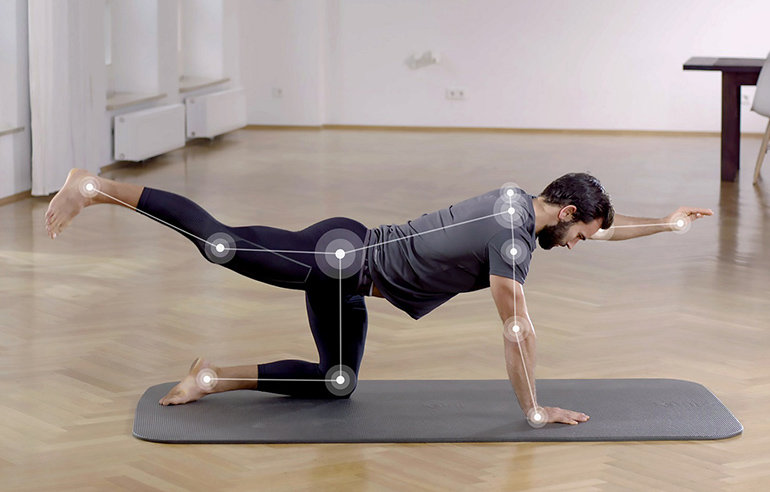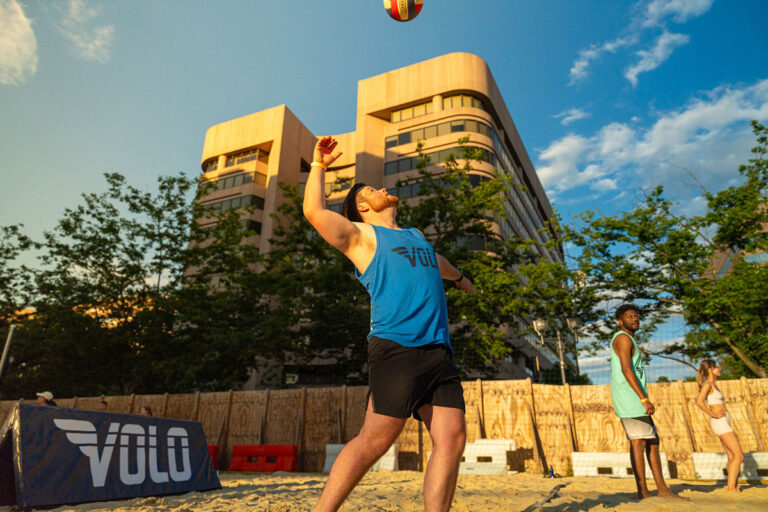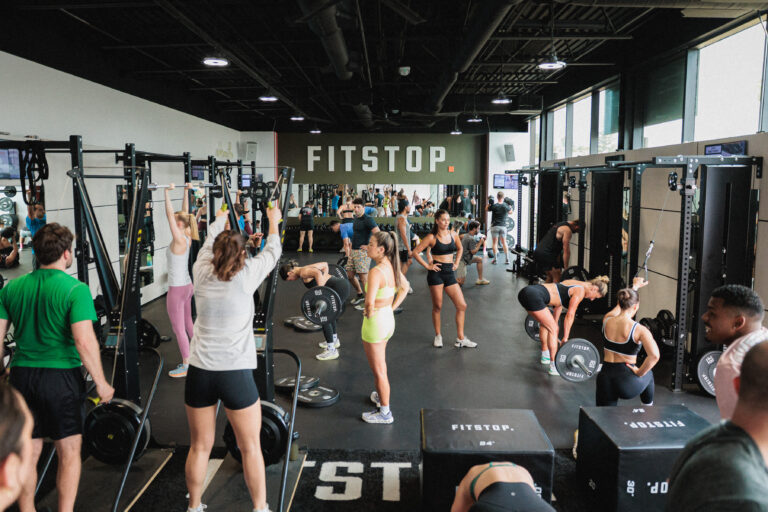As movement health becomes a trillion-dollar market, technology and wellness are reimagining physical therapy.
Why it’s happening: An expensive and largely preventable condition, musculoskeletal (MSK) disorders affect over 50% of US adults and cost employers over $100B every year. Yet, most patients who would benefit from some form of physical therapy don’t ever access care.
Last year, COVID closed gyms while work-from-home worsened MSK symptoms, exacerbating the national physical therapist shortage. Now, from digital therapists to the rise of recovery, physical therapy is getting unbundled.
PT go home. Filling in for in-person guidance, advanced sensing tech is revolutionizing PT, boosting engagement and accessibility.
- Last week, SWORD Health notched a $2B valuation in a $164M Series D funding round.
- Hinge Health secured a whopping $600M in October, boosting its value north of $6B and making it one of the most valuable businesses in digital health.
- RecoveryOne added $33M in September. The upstart virtually connects patients to physical therapists and coaches who help build personalized recovery plans for users.
- Earlier this year, Kaia Health landed a $75M investment to accelerate growth of its digital MSK solution.
And digital clinics are bulking up their arsenal of tech. This fall, Hinge Health acquired wrnch, SWORD acquired Vigilant Technologies, and DarioHealth launched Dario Move.
With trillions of dollars on the line, Big Tech can’t resist getting involved: Google recently partnered with ProMedica to launch an MSK operating system, while Amazon launched Movement Health back in June.
The big stretch. Outside of healthcare, a rising number of alternatives offer PT-esque services and one-on-one bodywork without the need for a referral, reducing friction and democratizing access.
- Stretching studios like Stretch Zone, Stretch*d, and Xponential Fitness-backed StretchLab have sprouted across the nation.
- Wellness recovery studios like Pause and Hydra Studios offer alternative forms of healing or preventative care, such as cryotherapy or flotation therapy.
- On the hardware side, the portable massage gun market is worth hundreds of millions, and industry leaders Hyperice and Therabody have pushed to become more holistic.
To be fair, $2,500/month recovery studios aren’t exactly affordable. As boutique options grow more prevalent, however, the hope is that increased adoption will drive down costs.
Takeaway: Physical therapy is getting unbundled. Digital solutions are empowering patients to properly rehab at home, while stretching studios and massage guns offer the benefits of PT without the need for a referral. Up next, as workers eventually leave their couches for their old office chairs, get ready for the business of mobile PT.






